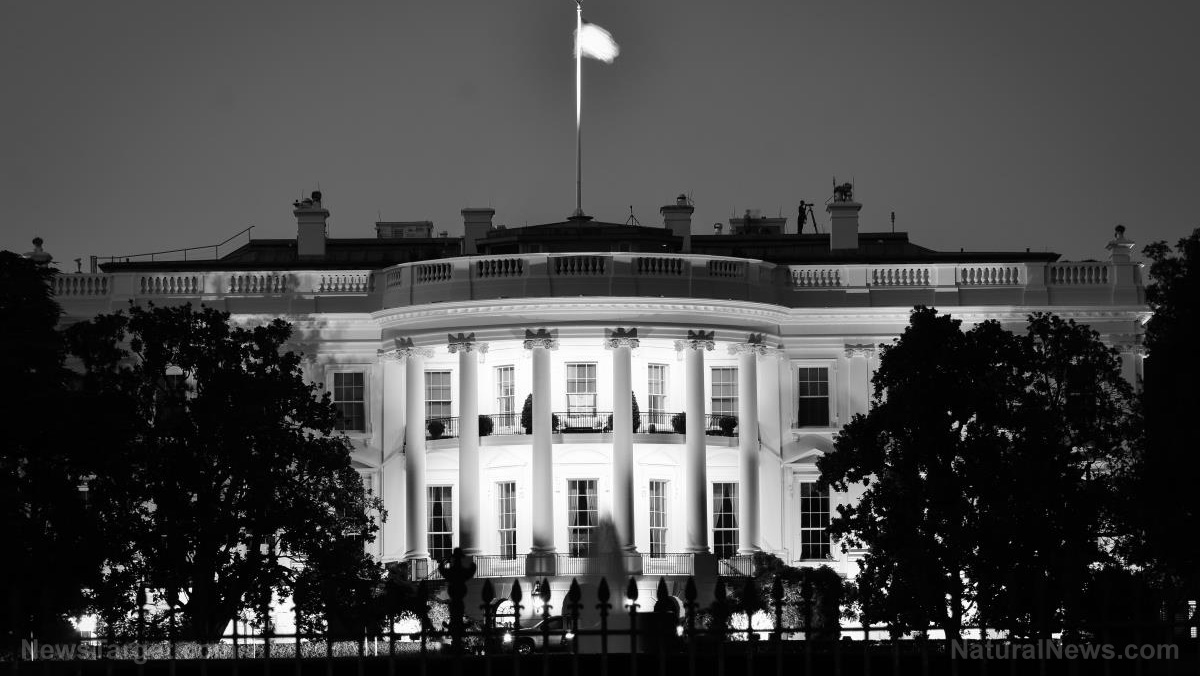 Parler
Parler Gab
Gab
Let’s examine what she wrote. The committee of five men tasked with drafting the Declaration of Independence were Thomas Jefferson of Virginia, John Adams of Massachusetts, Benjamin Franklin of Pennsylvania, Roger Sherman of Connecticut and Robert Livingston of New Jersey. Jefferson penned the first draft of the Declaration, with Adams and Franklin, primarily, making over 80 changes to the document, according to the Library of Congress. So together these men wrote the document. Adams never owned a slave in his life and opposed the institution, calling it a “foul contagion in the human character.” While serving as president in 1801, he wrote to abolitionists, “I wish you success in your benevolent endeavors to relieve the distress of our fellow creatures [black people], and shall always be ready to cooperate with you, as far as my means and opportunities can reasonably be expected to extend.” Sherman — the only Founder to sign all four of America’s founding documents (the Declaration of Independence, the Constitution, the Articles of Confederation and the Articles of Association) — also never owned a slave. He even opposed a tax on slaves, stating to do so would imply they were property rather than human beings. Sherman biographer Mark David Hall wrote that the Founder “consistently opposed slavery because he believed all humans were made in the image of God and must be treated with dignity.” So Bush’s claims about the Declaration’s drafters being enslavers and not seeing black people as human is wrong right off the bat with two of the five on the drafting committee. A strike some hold against Sherman is that he helped introduce the “three-fifths compromise” at the Constitutional Convention in 1787. It allowed Southern states to count three-fifths of their slave populations for representation in the House of Representatives. The Southern states wanted to count their entire slave populations so they would have more representatives in the House, while Northern lawmakers who opposed slavery didn’t want any of them counted. Hence the three-fifths compromise. In essence, it was an anti-slavery measure because it served to curtail the influence of slave states in the House. The other three members of the Declaration drafting committee — Franklin, Jefferson and Livingston — did own slaves, but for at least the first two, that’s not the whole story. Franklin held slaves during much of his adult life, but during the Revolutionary War, his attitude began to change. By 1781, near the end of the war, he no longer possessed any slaves. Then, in 1787, Franklin became president of the Pennsylvania Society for Promoting the Abolition of Slavery. In February 1790, in his last public act, he sent a petition to Congress on behalf of the society seeking the abolition of slavery and a ban on the importation of slaves, National Archives documents show. The petition urged Congress to act because “mankind are all formed by the same Almighty being, alike objects of his Care & equally designed for the Enjoyment of Happiness the Christian Religion teaches us to believe & the Political Creed of America fully coincides with the Position.” That language sounds a whole lot like the Declaration of Independence: “We hold these truths to be self-evident, that all men are created equal, that they are endowed by their Creator with certain unalienable Rights, that among these are Life, Liberty and the pursuit of Happiness.” Now on to Jefferson, who is of course most associated with writing the revered document. Three years after drafting the Declaration, Jefferson sought to place slavery on the path to extinction in Virginia through legislation he introduced in 1779 that banned the further importation of slaves and created an orderly process for slaveholders to free those being held in bondage. The bill did not pass. Jefferson, however, did not give up his efforts, supporting legislation in 1784 at the federal level prohibiting slavery in all the territorial lands west of the original 13 states. He lamented in a 1786 letter to a friend that the effort fell short by one vote, writing, “Thus we see the fate of millions unborn hanging on the tongue of one man, & heaven was silent in that awful moment! but it is to be hoped it will not always be silent & that the friends to the rights of human nature will in the end prevail.” So Jefferson did see black people as human. The following year, the Continental Congress passed the Northwest Ordinance, which established the laws governing the territorial land encompassing the future states of Ohio, Michigan, Indiana, Illinois and Wisconsin. The ordinance outlawed the introduction of slavery in the territory. The Constitution specifically authorized the federal government to ban the importation of slaves in 1808 (approximately 20 years from the date the document was ratified). Congress voted to do so in 1807, and then-President Jefferson signed the bill into law, allowing it to take effect on Jan. 1, 1808. Jefferson had called on Congress to pass such legislation in his 1806 State of the Union address. He would write about the evils of slavery in his only published work, “Notes on the State of Virginia” in 1781. “And can the liberties of a nation be thought secure when we have removed their only firm basis, a conviction in the minds of the people that these liberties are of the gift of God?” Jefferson asked. “That they are not to be violated but with his wrath? “Indeed I tremble for my country when I reflect that God is just: that his justice cannot sleep for ever.” Those words are inscribed in the Jefferson Memorial in Washington. The Virginian predicted an armed conflict in the nation’s future if “total emancipation” by the slaveholders did not eventually occur, which of course happened in the 1860s with the Civil War. An estimated 620,000 Americans died to decide the issue of whether America would be slave or free. Jefferson, like George Washington, believed emancipation needed to be done by legislation, so the former slaves would be able to more easily assimilate into society. So Bush is either ill-informed or promoting falsehoods in an attempt to bolster her case for reparations. The men who drafted the Declaration of Independence were not all “enslavers,” and founders like Franklin and Jefferson took steps to end the institution in America. Read more at: WesternJournal.comThe Declaration of Independence was written by enslavers and didn’t recognize Black people as human.
Today is a great day to demand Reparations Now ✊? — Cori Bush (@CoriBush) July 4, 2023
WATCH: ‘Libertarian’ Reason magazine goes full Pfizer-shill, smears RFK Jr.
By News Editors // Share
Scientists concede they lied about covid lab “leak” to cover for Fauci
By Ethan Huff // Share
Governments continue to obscure COVID-19 vaccine data amid rising concerns over excess deaths
By patricklewis // Share
Tech giant Microsoft backs EXTINCTION with its support of carbon capture programs
By ramontomeydw // Share
Germany to resume arms exports to Israel despite repeated ceasefire violations
By isabelle // Share










